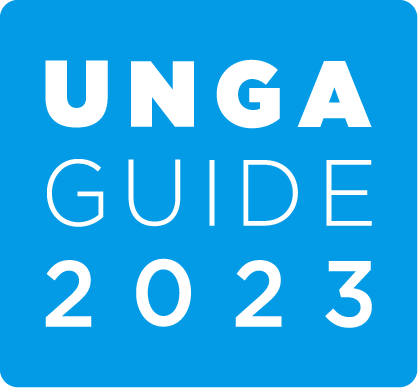
Youth Changemakers in STEM and Advocacy: Empowering Young Leaders Globally to Achieve the SDGs
This session delves deeper into the journeys of several different youth STEM advocates, exemplifying how they lead education, activism, and awareness efforts in different areas of STEM, while still targeting the UN SDGs in their communities.
From a scientific innovation perspective, Sahil Sood’s research into developing a potential COVID-19 therapeutic is at the forefront of medicine. As one of the youngest COVID-19 researchers globally, his work investigates the development of a novel drug delivery system to provide a long-term treatment option for the virus. Similarly, Hector Martinez has utilized field research and discrete statistics to help create a platform that diminishes the incidence of drug-resistant Tuberculosis. This directly elevates SDG 3, as his research is currently being deployed in low-income communities to help promote good health in areas with high COVID-19 mortality.
In terms of technological advancements, Bautista Martinez’s work illustrates the applications of STEM in non-STEM sectors. By working with local legislators in Uruguay to strengthen privacy laws and fostering technological advancements that curb the spread of misinformation, his work directly aligns with SDG 9, as he helps develop infrastructure that empowers individuals, rather than furthering the digital and socioeconomic divide. Similarly, Shreen Shavkani has collaborated with teens across the United States to distribute ignition interlocks, innovative technology that prevents substance-impaired driving. She worked with local legislators to pass legislation regarding this technology, which relates to SDG 3.
From an environmental perspective, Aritro Chatterjee leads a podcast alongside leading environmental figures, raising visibility for innovative climate solutions and providing practical advice for climate-conscious youth. This helps inspire youth changemakers to target SDG 13, which helps secure a greener planet for the future.
When looking at educational efforts, Ahmed Piracha has founded the Photon Report, an online magazine dedicated to the spread and awareness of science and mathematics within Pakistan through novel engagement strategies. Similarly, Sahil has founded HYPE, a nonprofit that has provided over $100,000 towards advancing STEM education through virtual courses, work that Tony He has been a part of. Michelle Bok has also promoted STEM education by founding the Global STEM Youth Journal, which works with students from 17 different member nations to make STEM more accessible and break the paradigm that STEM fields are solely for academia. Through Ashmit Singh’s counterterrorism efforts with national governments, access to education for communities is secured. These initiatives promote SDG 4, as they help provide specialized STEM education, enriching the quality of education for these students.
Finally, Nilay Ersoy’s efforts to advance cross-cultural advocacy and build communication skills help students equip the soft skills that are the foundation of STEM. Dashel Myers synthesizes all of this work into written form, as he is publishing a mathematics textbook incorporating the aforementioned skills. Building the infrastructure for students to better understand STEM–as these two leaders have done–relates to SDG 9, as the approaches they utilize are innovative.
Overall, the wide variety of endeavors that these youth leaders engage in illustrates how multiple STEM perspectives are critical to tackling the SDGs.
